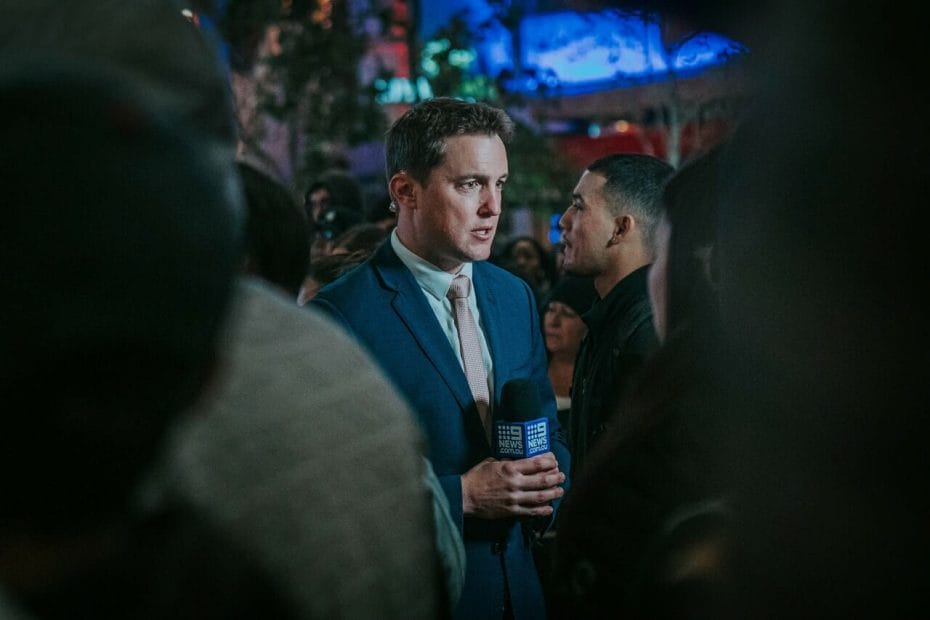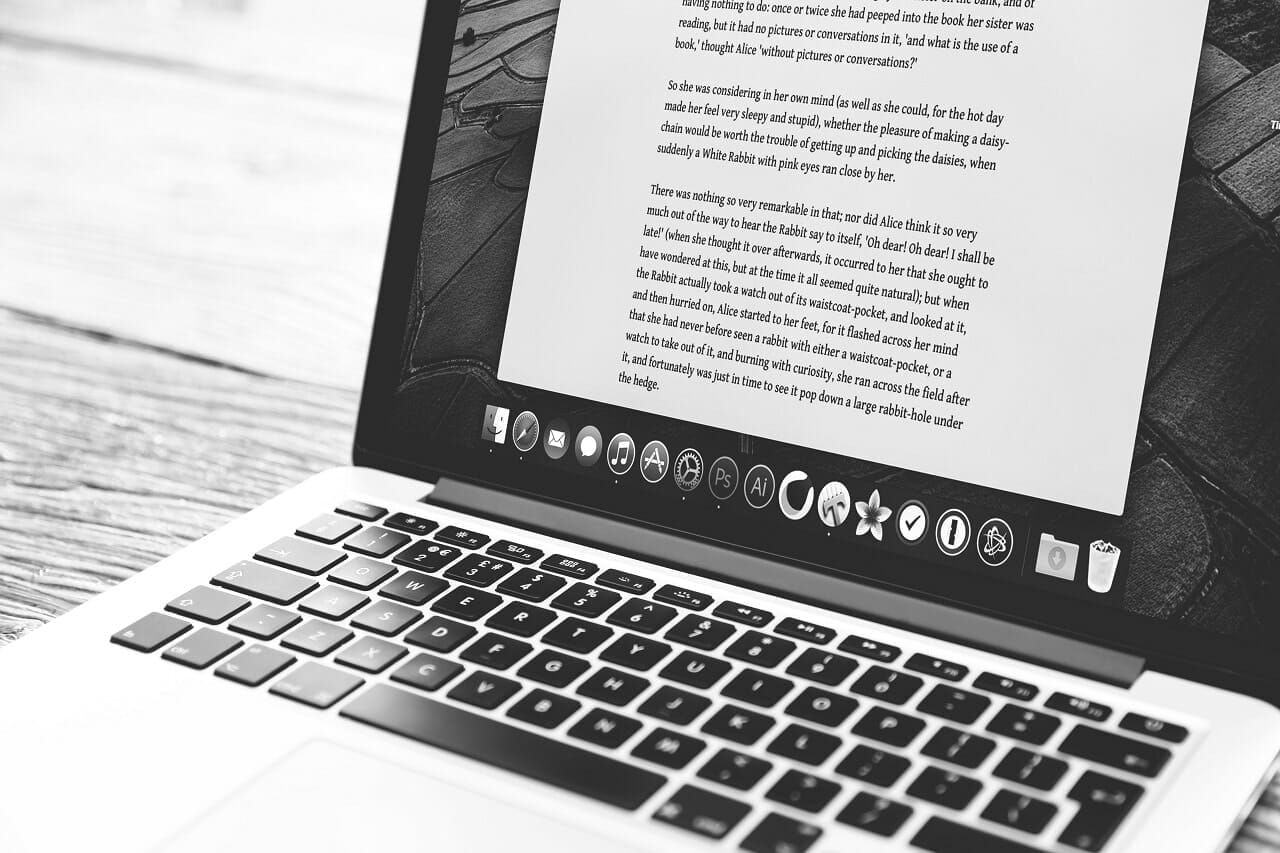Objectivity in journalism seems easy as it is a profession that prides itself on dealing with hard facts, esteeming truth and uncovering conspiracies for the good of the public. We (journalists) are like detectives, but only cooler (even the movies seem to attest to that).
To wield truth as a weapon that it is, it has to be absolute, right? A person can only be judged or condemned if his or her actions contradict the truth, which is the and accepted by all. Thus, this is why journalism is ably supported by the tripod of fairness, objectivity, and accuracy- at least that is what we were taught in school.
In the university and journalism school, we were told to adhere strictly to these principles, and failure to do so would incur the disdain of ‘learned’ colleagues. We were sold out to the school of thought that prescribed the utmost balance and transparency in the administration of truth. However, a few of us probed and realised something basic but powerful: reality is like a rubber band. It can stretch or contract, depending on the situation (relativism). We held on religiously to the tenets that had been handed down to us.
In practice though, despite the fact that we were told to remain objective in news reportage, the processes that determine what the audiences finally receive as news are not objective. The media play an agenda-setting role in deciding what the most important piece of information should be. More often than not, they also dictate, albeit subtly, how these pieces of information should be discussed and these two functions in themselves, often lack objectivity. If you are familiar with journalism or are a journalist, you will know what I am talking about. However, for the sake of clarity, let us see how this works.
What to cover
There are so many things that happen in the world all at once, begging for attention. Events don’t occur sequentially. For example, a prominent figure will not wait for the war in another country to end before he dies. It just happens. Therefore, the onus is on the media house to determine what is most relevant to the audience and cover it. In spite of this, most times the events that make it to the news bulletin are not solely dependent on what the audience is deemed to need. Media ownership and house style (what the organisation prefers to cover, probably based on its core values and mission as an organisation) play a significant role at this stage. Most times, it is a question of ‘who is paying for the news?’
News selection
Depending on how the medium operates, reporters can take the initiative of going to cover a particular news story. Yet, when they return, the editors determine if they make it to print or on-air. Often, news selection is based on news values. News values are ‘ingredients’ journalists require of a story before they qualify it as news. It could range from prominence of personality, magnitude of the story, proximity to the audience, timeliness of story, oddity of story, the conflict involved in the story, etc.
However, in using these values to assess a story, let us realise that personal beliefs, media ownership and house style come into play once more.
Angle
Once the story has passed through the hurdles above, the reporter has to decide the angle. Angle refers to the slant or perspective from which a story is reported. For example, a bridge has collapsed in a major city and many were victims of the accident. One reporter may take a human-interest angle of emphasizing the lives lost and doing a form of a biopic on the most touching stories. Another may go more statistical, talking about frequency of such occurrence and possibly, demanding that the builders of the bridge be held responsible. See? Same story but different angles.
Once again, the choice of an angle is more than just a reporter’s personal preference. The powers that be, often have a say in this too because the way it is reported can spark different kinds of responses from the audience.
Placement
You may not realise but the placement of a news story, be it in print or broadcast media is very strategic. This is because we (journalists) understand that the placement of a story subconsciously affects the level of importance your (audience/readers) attach to it. When an item is the big story of the night or is splashed across the front page, it immediately becomes more prominent even if it is not the most important item on the bulletin.
So, there you have it. Am I saying that journalism as a whole is a lie? Far from it. The profession is still as relevant today as it was when it was first instituted, perhaps even more so with the overwhelming flow of information that is found today, made possible by technology. Beyond informing, journalists play the role of sieving out the irrelevant from the information that the average man needs to survive in a changing world.
Besides, to be frank, can anyone ever be completely objective? It is humanly impossible. In fact, if that human trait of subjectivity was not injected into journalism, it may lack life or the ability to impact so much on the public.
On the other hand, by pointing out the increasing scarcity of objectivity in mainstream media, I have made it clear that there is a need for the public to learn how to interpret the information they receive. If you are upset by the status quo, you should remember that even if Rome wasn’t built in a day, demolishing it will definitely not take a day either. Thus, these processes are not going anywhere anytime soon. More or less, they form the basis of the profession.
I am simply calling out to YOU, readers and consumers of both journalistic and non-journalistic information, to be on guard. Interpret information within context, bearing in mind all the filters that news passes through before getting to you.





